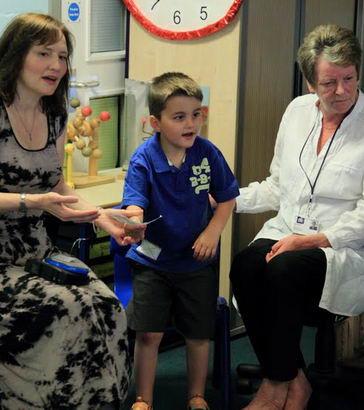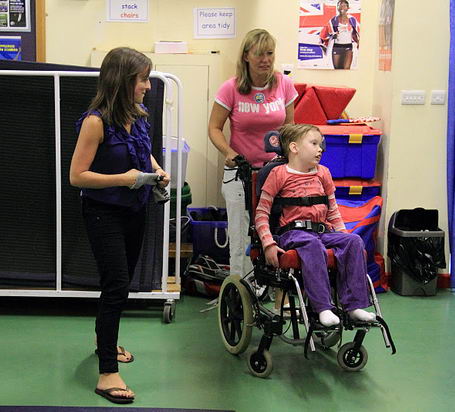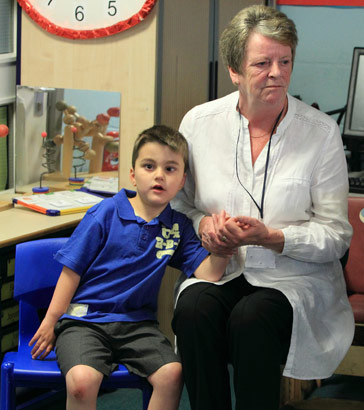
Behind the different issues that some families face when working with professionals, there are a number of organisational factors that must be addressed if the quality of life for families is to be improved. These organisational factors can be divided into four areas:
- Segmentation
- Resource allocation
- Policies, and
- Personnel.
These are explored further on the following pages.

Problems can arise if, for example:
- Provision for children is not seen holistically, but is segmented into different areas, such as of education, health and social care
- Professionals in different areas are territorial and do not share their territory with other professionals, or
- Professionals in different areas speak different 'languages' – for example, some talk about 'special educational needs' while others talk about 'additional needs' or 'disability'.
Professionals do not always work together.

Problems can arise if, for example:
- Resources are allocated by a formula so that a child gets a certain amount of help in the classroom, or speech and language, depending on their difficulties but regardless of their need, or
- Improvements in the child's (or the family's) quality of life are not considered when resources are allocated.

Problems can arise if, for example:
- Different services have different policies and, therefore, allocate resources on different bases
- Services do not share budgets or resources
- Services tend to focus on organisational constraints (i.e. budget constraints) and don't see their role as serving the needs of children and families.

Problems can arise if, for example:
- There are frequent changes of professionals within services
- There is no key person to ensure continuity.

Consider each of the four areas:
- Segmentation
- Resource allocation
- Policies, and
- Personnel.
Note any issues that parents in your school face in each area and then, for each area, suggest how the situation might be improved.
Remember that these are organisational and inter-organisational issues. Your school may need to work across services to resolve these issues.

Abbott, D., Watson, D. and Townsley, R. (2005) 'The proof of the pudding: What difference does multi-agency working make to families with disabled children with complex health care needs?' Child and Family Social Work, 10. 229-238.